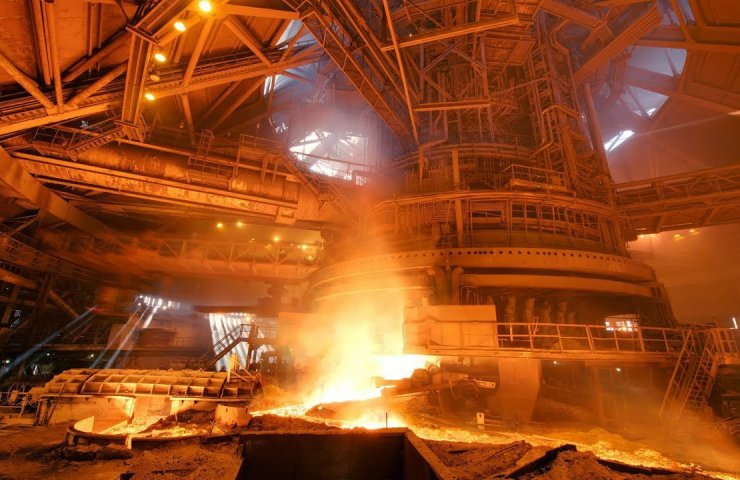The EU must take immediate action to secure magnesium supplies, as magnesium supplies are expected to dry up by the end of November, which could lead to a halt in industries, including metallurgy, European industry officials warn.
The deficit is caused by a reduction in the supply of magnesium from China. Due to the Chinese government's efforts to curb domestic electricity consumption, the supply of magnesium from there has been either suspended or drastically reduced since September.
The EU gets 95% of its magnesium needs from China, which means that European industries producing and using aluminum, iron and steel, as well as their raw material suppliers, are particularly affected. This will have an impact on end-use sectors such as automotive, construction and packaging, says a cross-industry group, including the steel industry association Eurofer.
The current Chinese supply shortage has already led to record prices and global supply chain distortions. The EU's remaining magnesium imports today are being sold at extortionate prices of around $ 10-14,000 per tonne, up from around $ 2,000 per tonne at the beginning of this year. This “makes it nearly impossible for European companies to manufacture or supply magnesium-containing materials at a viable level,” says the Eurofer report.
The annual global demand for magnesium is 1.2 million tons, of which 87% is produced and 39% is consumed by China. Europe and North America consume about 19%. The metallurgical industry accounts for 16% of magnesium consumption in Europe. Aluminum alloying accounts for the largest share (45%), followed by pressure casting (33%).




